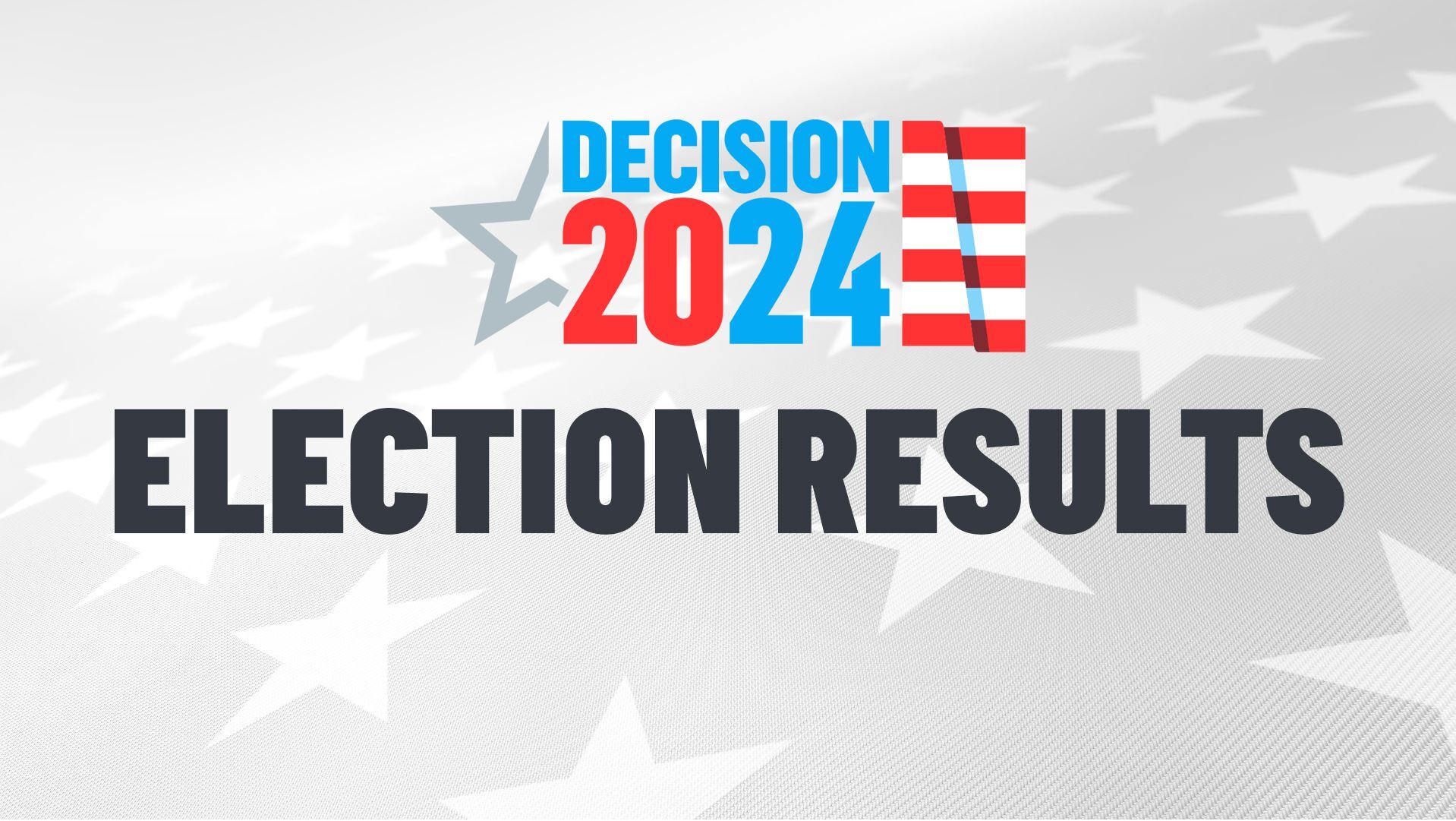More than 200 San Diegans who have been fully vaccinated against COVID-19 have contracted the disease since, but their lack of severe symptoms, hospitalizations or deaths is a positive indication the vaccine is working, county health professionals said Wednesday.
County epidemiologist Dr. Eric McDonald said 203 people among the more than 846,886 (as of Tuesday) fully vaccinated against COVID-19 have tested positive for the disease -- an infection rate of about .024%.
"We expected to see those numbers. They're very, very low and emphasizes how good, frankly, the vaccines work," Dr. Eric McDonald said.
Get top local stories in San Diego delivered to you every morning. Sign up for NBC San Diego's News Headlines newsletter.
The infection rate for the San Diego population as a whole is currently under 2% for a 14-day period -- and that's at a time when about 42% of the targeted population is fully immunized. At the peak of infection in mid-January, San Diego County's 14-day positive case rate was 14%.
A person is considered fully vaccinated two weeks after receiving their second dose of the Pfizer or Moderna vaccines or two weeks after receiving their only dose of the Johnson & Johnson vaccine, according to the Centers for Disease Control and Prevention.
McDonald emphasized that among those vaccinated, the effects from the disease were also less severe than among those who were not vaccinated.
Local
Among the group, "We’ve had zero individuals who have been hospitalized, zero people who have died and, in fact, the majority -- 57% -- have had no symptoms at all," McDonald said.
The CDC said the slim chance of being infected post-vaccination should not be deterred from getting the vaccine. The Pfizer-BioNTech vaccine is 95% effective and the Moderna vaccine is 94.1% effective at preventing COVID-19 illness.
It is important to note, though, that the vaccine itself will not give someone COVID-19. People have reported some side-effects -- like fever, chills, tiredness and headache -- after receiving the shot, but those symptoms are normal signs that the body is building up immunity to COVID-19, the CDC said.
The first person to be infected with COVID-19 after being fully vaccinated was a health care worker in mid-February.
McDonald said that many of the individuals who test positive for COVID-19 after being vaccinated have been diagnosed through routine testing, like in the healthcare industry, and wouldn't know otherwise that they were infected.
The CDC said that there is a possibility that some people who show no symptoms can still be "spreaders" if exposed to the virus. So, the CDC says people should still social distance, wear their masks, continue hand washing and avoid gatherings.



